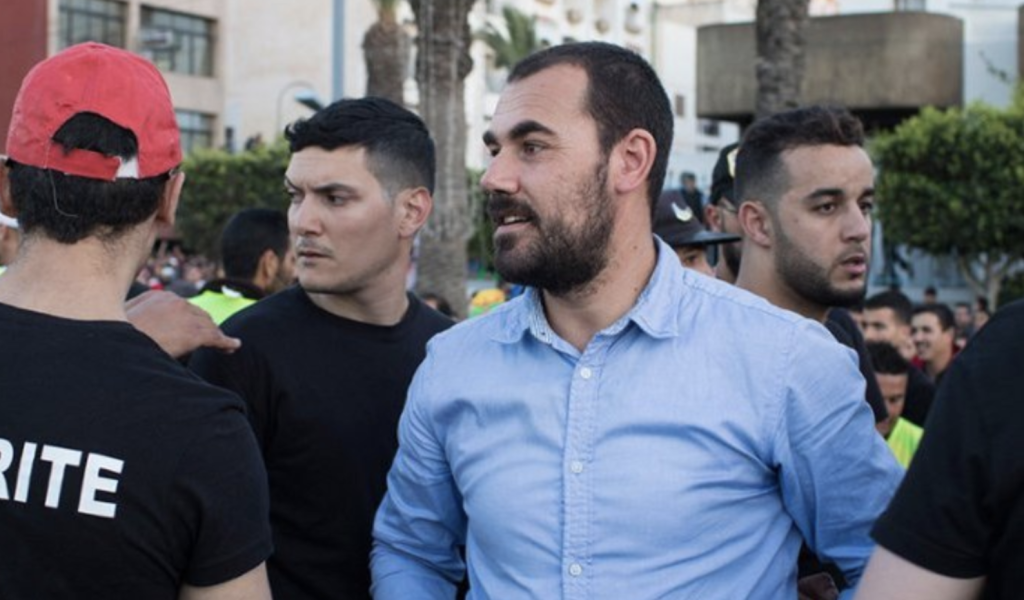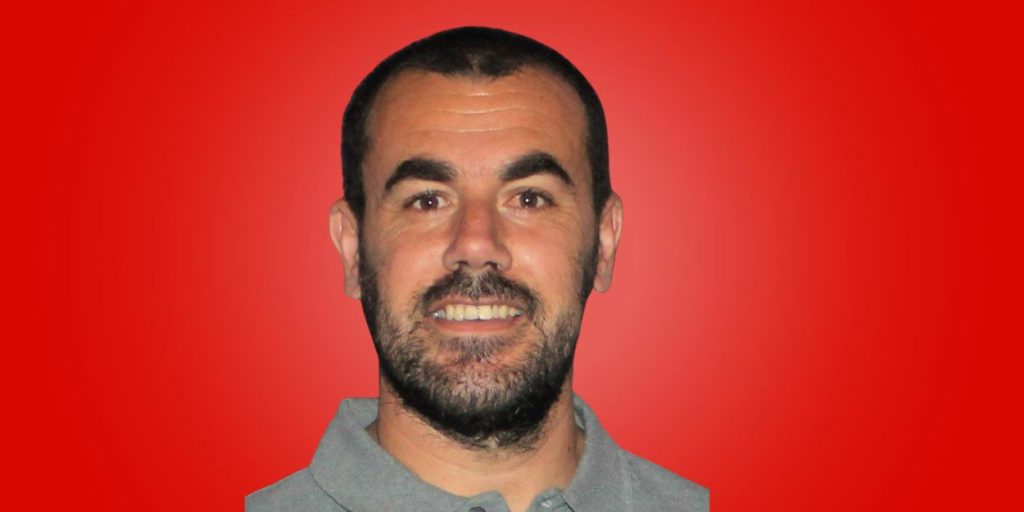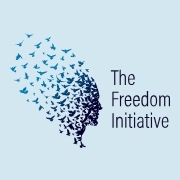Editor’s note: As the novel coronavirus crisis continues to unfold across the Middle East and North Africa, POMED is launching a series of short interviews with civic activists, researchers, and others in our regional network to spotlight the pandemic’s effects on rights and governance. We kick off the series with a conversation on Morocco between POMED’s Mariam Mahmoud and Dr. Mohammed Masbah, founder and director of the Moroccan Institute for Policy Analysis (MIPA) in Rabat. Their conversation has been edited for length and clarity.
Background: The Moroccan government relatively swiftly enacted firm measures to control the spread of the virus: on March 13 it closed schools, restaurants, and mosques and banned large gatherings; a week later it imposed a state of emergency and a curfew. Morocco’s outbreak, with 7,048 reported cases and 194 reported deaths as of this writing, has been less severe than many other MENA countries with adequate testing capabilities. Head of Government Saad Eddine El Othmani recently announced that the state of emergency will continue until June 10.
POMED: Morocco’s medical professionals have long been critical of the country’s public healthcare system for poor working conditions and other problems. How has it fared during the pandemic?
Dr. Mohammed Masbah: The healthcare system has done fairly well. Extra resources helped: the Ministry of Health quickly got an infusion of $200 million from the Kingdom’s $3 billion pandemic emergency fund. The saving grace is probably that most of our reported cases have involved only mild symptoms, and we have seen few infections among healthcare workers.
But the government is not addressing the medical system’s underlying weaknesses—poor management, low quality, and the fact that many Moroccans do not even have health insurance. The government spends billions of dollars annually on weapons despite their questionable value for public security, but we must view public health as a national security issue and devote more resources to it.
The Moroccan government has often cracked down on dissent in recent years. Has it resorted to heavy-handed tactics during the pandemic?
The authorities have arrested more than 70,000 people for breaking the curfew rules. They also have made several arrests for “spreading fake news” about the virus on social media—but these people simply criticized the government’s pandemic response. On top of this, the government tried to introduce legislation to regulate social media activity. The harsh new law, which was shelved after a public backlash, would have made using social media to promote boycotts of Moroccan businesses a crime punishable by imprisonment. (The draft law came in response to the 2018 grassroots boycott movement against three major Moroccan companies for alleged price gouging.)
We have not yet seen a wide-scale political crackdown during the pandemic, in part because it is impossible to control the 20 million Moroccans who use social media. Meanwhile, self-censorship continues to silence those activists who fear retaliation if they are too outspoken.
On the economic front, the government is providing monthly cash transfers to vulnerable Moroccans who have lost income due to the curfew and other restrictions. Is this response adequate?
The cash transfer program is a good strategy to mitigate short-term economic hardship for some low-income Moroccans. The amount provided, from 800 to 1200 MAD ($80 to $120), may not seem like much to wealthier Moroccans, but for many disadvantaged families it is a small fortune. The government launched the program quickly, showing that in urgent situations it can find resources for socioeconomic needs—contrary to claims of austerity.
It seems that Moroccans view the cash transfer program positively, and MIPA’s recent survey data show an uptick in citizens’ trust in the government more generally. This may dip if the government does not forge a comprehensive strategy to deal with the pandemic’s fallout. The government should explain how it will address longstanding socioeconomic challenges and what additional help will be forthcoming for those disproportionately affected by the economic instability.
Mariam Mahmoud works with POMED’s Research Program. Mohammed Masbah is the founder and director of the Moroccan Institute for Policy Analysis (MIPA) in Rabat. Follow him on Twitter @MasbahMohammed.





